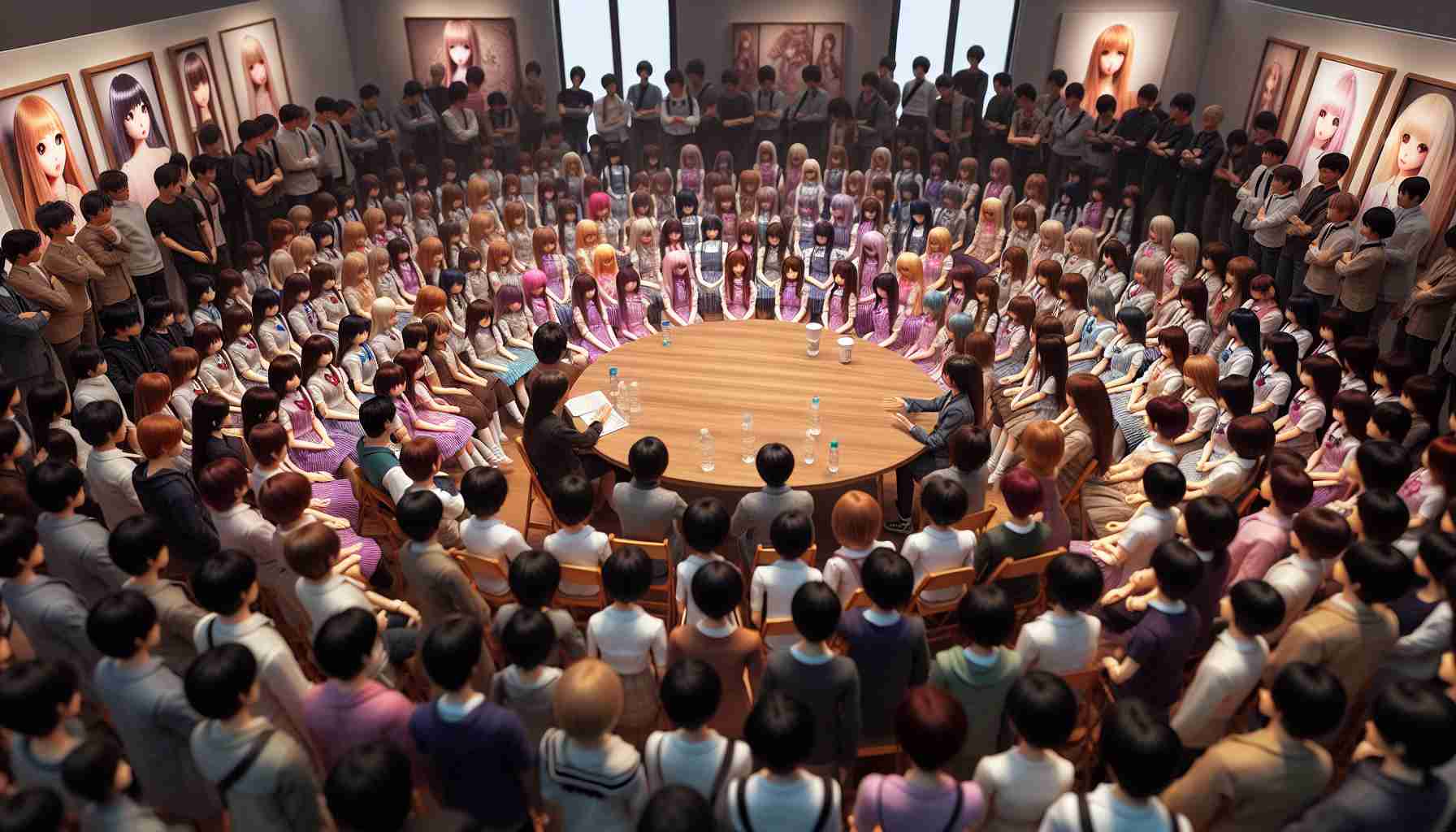Barbie has made waves since its summer 2023 release, but opinions are divided. Many enthusiasts are now questioning whether the highly-anticipated film lives up to the hype.
Following its debut, the Margot Robbie-starring movie quickly shattered records, becoming the most successful film directed by a woman, raking in over $1 billion globally in just 17 days. The story follows Barbie, who seemingly enjoys a blissful life in Barbieland alongside Ken. However, when they venture into the real world, Barbie begins to confront the challenges of human existence, leading her to question the superficiality of her perfect life upon returning to Barbieland.
Despite its commercial triumph, a significant number of viewers have expressed disappointment. In a lively discussion on social media, criticism was rampant, with some lamenting the film’s inability to meet lofty expectations. One viewer reflected on their earlier post predicting it would be the year’s standout film, only to label it as “ridiculous.” Though many expressed disappointment with the plot, others defended the film, claiming it reflects a true love for cinema.
With accolades, including eight Academy Award nominations and a win for Billie Eilish’s moving song, the film has sparked discussions on both its artistic merit and perceived shortcomings. Fans can now stream Barbie on platforms like NOW TV and Sky Go, perhaps to form their own conclusions.
Is Barbie More Than Just a Doll? Why the Film is Sparkling Amidst the Controversy
Exploring the Impact of the “Barbie” Movie
Since its release in summer 2023, the “Barbie” film has resonated with audiences worldwide, showcasing both commercial success and polarizing opinions. Directed by Greta Gerwig and starring Margot Robbie as the iconic doll, the movie has established itself as a cultural phenomenon, but what does this mean for the film industry, the themes it explores, and its legacy going forward?
Box Office Success
The film shattered records by becoming the highest-grossing film ever directed by a woman, accumulating over $1 billion in its first 17 days. This landmark achievement is not just a victory for the “Barbie” franchise but also represents a broader trend where female directors are gaining recognition and popularity in Hollywood, thereby paving the way for future projects led by women.
Themes and Messages
At its core, “Barbie” delves into the exploration of identity and self-worth, contrasting the superficial pleasures of Barbieland with the complexities of real-life experiences. As Barbie journeys through the highs and lows of existence, viewers are prompted to reflect on societal standards of beauty, success, and happiness.
Critical Reception
While the box office numbers are impressive, audience reactions have been mixed. Critics are divided, with some hailing the film as a groundbreaking exploration of femininity, while others feel it fails to deliver a compelling storyline. Discussions on social media highlight the disparity between expectations and actual content, with viewpoints ranging from enthusiastic admiration to disappointment over the film’s narrative choices.
Awards and Recognition
The film has received significant recognition, with eight Academy Award nominations, including Best Picture and Best Original Song for Billie Eilish’s acclaimed track, which won the Oscar, adding an extra layer of validation to the film’s artistic ambitions.
Streaming Accessibility
For those who missed the initial theatrical release, “Barbie” is now available for streaming on platforms like NOW TV and Sky Go. This accessibility allows a broader audience to engage with the film, discuss its themes, and form personal opinions about its impact.
Possible Innovations and Trends
“Barbie” is not only a movie; it signals a shift in how films related to iconic brands can be marketed and perceived. The film engages with nostalgia while addressing contemporary societal issues, showcasing a potential blueprint for future adaptations of beloved franchises. The combination of commercial viability and thematic depth may inspire other studios to take a similar approach in their storytelling, further diversifying the types of narratives presented in mainstream cinema.
Conclusion
In summary, “Barbie” stands as a significant entry into modern cinema, igniting conversations about representation, identity, and the role of women in the film industry. While it has captivated millions and shattered records, the varying perspectives on its narrative reveal a tapestry of expectations versus reality that continues to fuel dialogue. As the cinematic landscape evolves, the legacy of “Barbie” will likely influence how brands and filmmakers approach similar projects in the future.
For more insights into cinema and its evolution, visit Box Office Mojo.
